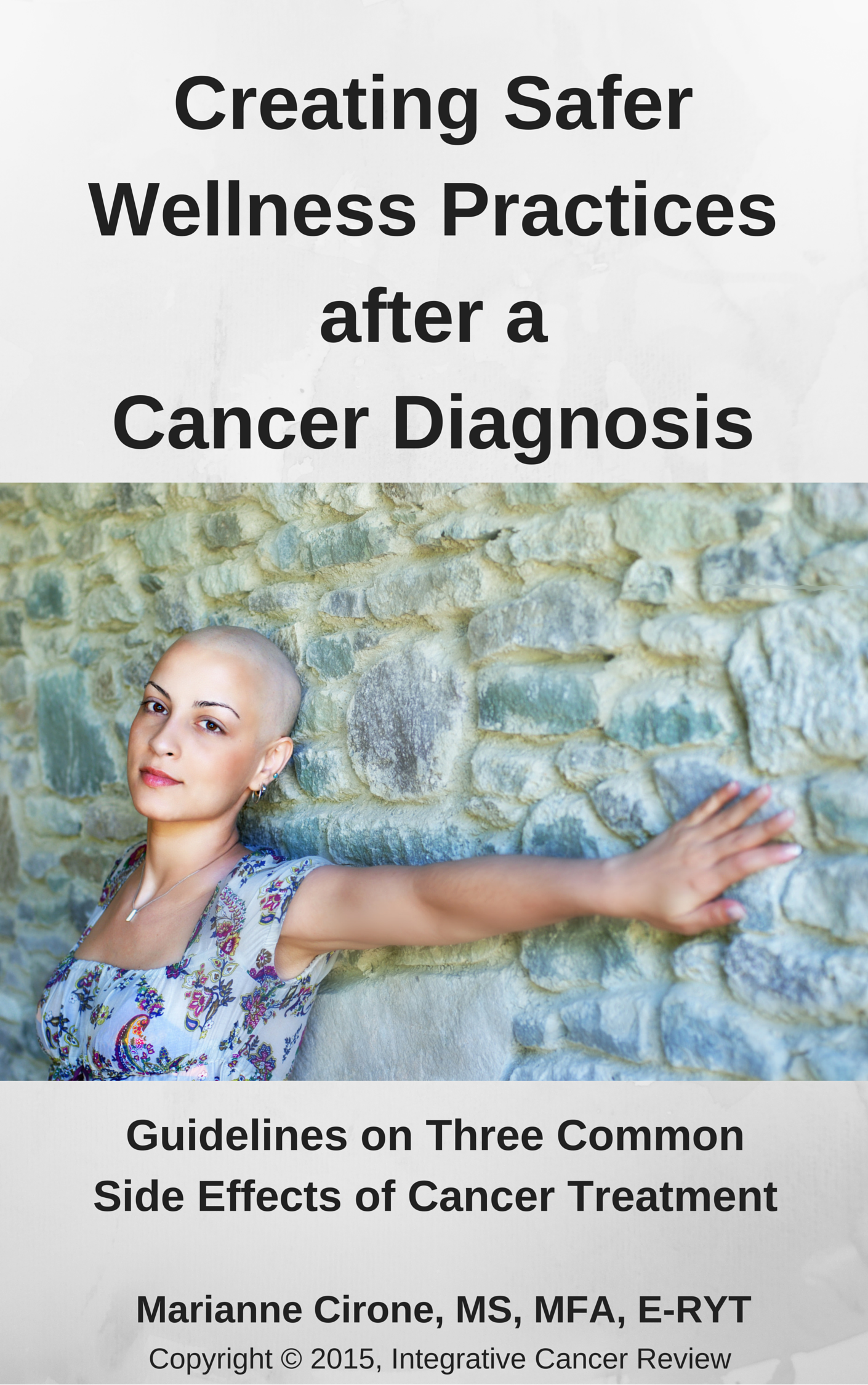
Healing after Cancer with Art and Writing
“Meeting with my art group every month has helped me to get through cancer treatment and reconnect with the person that I am and that I thought I had lost.”
— Maria, age 54, two-time breast cancer survivor
Expressing creativity can be healing to mind, body and soul, whether through visual art, writing or other avenues. Therapists say that expressing creativity can help people to express emotions, and consequently help to lessen stress, fear, and anxiety. Creative arts therapies such as art, music, drama, and writing can help people with a cancer diagnosis manage the mental and emotional side effects that often accompany a cancer diagnosis and treatment. Moreover, expressive arts can help people to connect with their inner joy and regain meaning in life.
Research confirms the benefits of creative arts therapies, significantly reduced anxiety, depression, and pain and improved the quality of life in cancer patients.
In a study published in a 2013 edition of the Journal of the American Medical Association, the National Institutes of Health and colleagues reviewed over two dozen studies of creative arts therapies, finding benefits of creative arts therapies on depression, anxiety, and quality of life. Unlike the aforementioned benefits, which continued while the therapies were practiced, the beneficial effects on pain, continued after the therapy stopped.
Writing as a Therapeutic Modality
Writing can serve as a refuge during difficult times. Creating a “narrative” (which is just a fancy word for a “story”) can help bring perspective and empowerment to challenging situations. It can also be a method for delving into the unconscious—getting off “the surface” of life.
The benefits of writing can include the following:
- Immune increase
- Medical marker decrease
- Stress decrease
- Mood changes: short term decrease, long term increase
- Behavior improvements
- Better skills for social situations
In order to develop a therapeutic writing practice, there are a few guidelines to consider first. When dealing with a traumatic situation in your writing, experts advise not to go right to the trauma first, to give it time to settle. They also recommend having a good support system and good self-care, including adequate sleep, no drug or alcohol use, healthy food and a balanced lifestyle. Acknowledging negative situations and then moving on, using words like “realized” or “found” can help to make sense of the circumstances and spur personal growth.
Expressive Writing and Post-traumatic Growth
The label in psychological terminology, for this shift or transformation, is “Posttraumatic Growth.” In 2006, psychologists Lawrence Calhoun, PhD and Richard Tedeschi, PhD, pioneered the concept of Posttraumatic Growth (PTG), a positive psychological change that occurs as the result of struggle with a highly challenging, stressful, and traumatic event—i.e., the relationship between suffering and growth. Tedeschi & Calhoun defined posttraumatic growth on a scale called the Posttraumatic Growth Inventory that measures growth in five factors:
- Relating to Others (greater intimacy and compassion for others)
- New Possibilities (new roles and new people)
- Personal Strength (feeling personally stronger)
- Spiritual Change (being more spiritually connected)
- Deeper Appreciation of Life
Research shows that expressive writing about traumatic experiences helps to calm the nervous system response to trauma and to improve post-traumatic growth. The members in my cancer center memoir writing group often, but possibly unknowingly, depict their life situations in the pattern of the Hero’s Journey, moving from the Ordinary World, to the Call to Action, through a series of great trials, to a Dark Night of the Soul, to a place of greater peace and wisdom, which they beautifully share through their writing.
Although initially writers can actually feel worse, typically the more that writers express themselves and their emotions, the better they will feel, given that they have a strong support system and good self-care in place when the writing process takes place. Having the appropriate support system or tools helps to boost positive outcomes, whether that includes family, friends, counselors, spiritual guides and systems, nature, art, music, pets and other healing influences.
Developing an Expressive Writing Practice
Being a part of a writing community can be a good first step in the writing process. Sharing the writing practice and possibly the creative work with trusted others can help to make the process more valuable. Journaling can be a very private practice, while other types of writing, such as memoir, usually lends itself to group sharing. Going through the journey with cancer or facing one’s mortality can both serve as an impetus for wanting to put down one’s life experiences in writing.
Writing, visual art and meditation all have similarities in terms of the benefits of creating a repeatable routine. When creating a home writing practice, it is important to create a safe space and time for the practice, and to make it into an enjoyable routine or ritual. Setting an intention and lighting a candle can help to create a sacred space for the writing.
Writing at the same time and place can help create a routine that supports writing, and it may be helpful to start with a practice of movement or relaxation that allows the mind to move into more peaceful and deeper brain wave patterns. Selecting a musical choice as background sound can also help to set the stage and prepare the mind for the daily practice of writing or other art work.
Adding constraints to writing can help to squeeze the mind into a form—too much freedom is a paradox of creativity. So, for example, starting the writing with prompts, subject matter or a form, such a Haiku, six word memoir or other limiter, can help propel the writing into greater creativity.
All of the practices of expressive arts can assist with the healing process, spur post-traumatic growth and help to gain a sense of control and empowerment in light of life’s challenges and difficulties.
See more on Writing & Art:
- Creative Prescriptions for Women with Cancer
- Bill Aron on New Beginnings: The Triumphs of 120 Cancer Survivors












